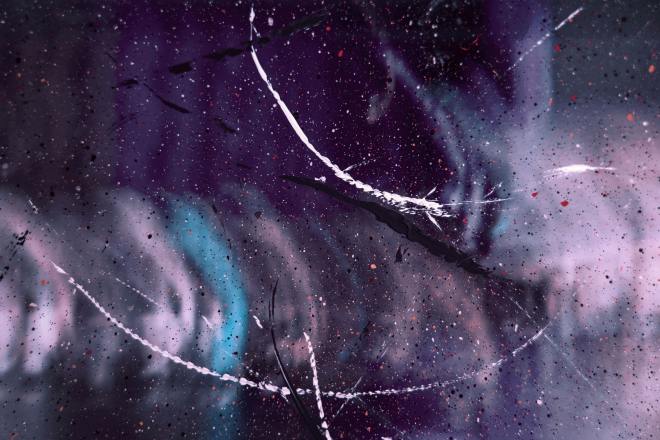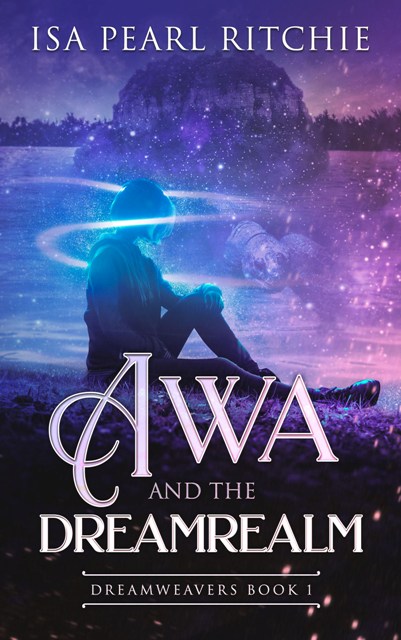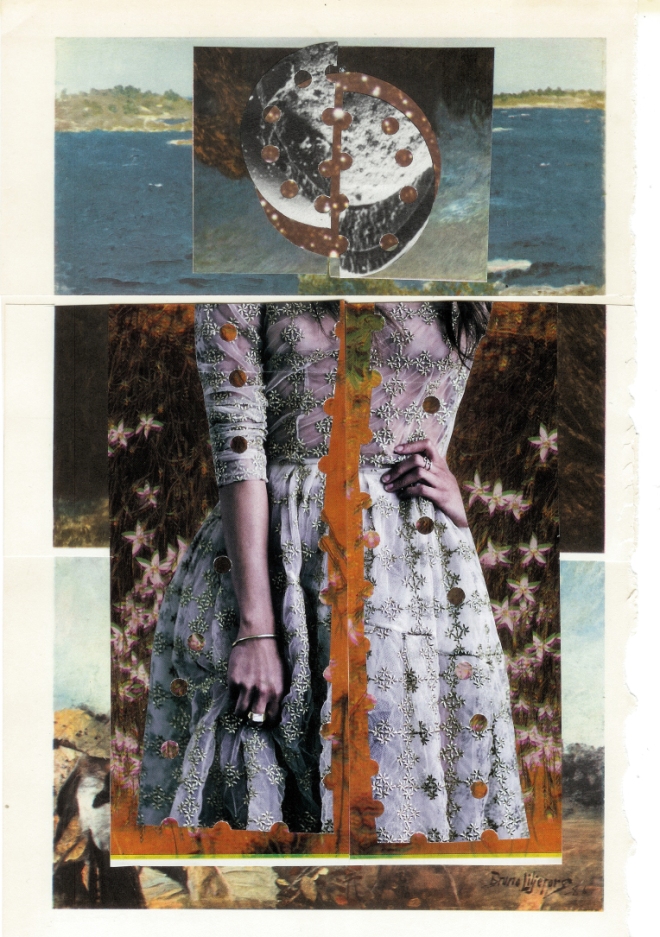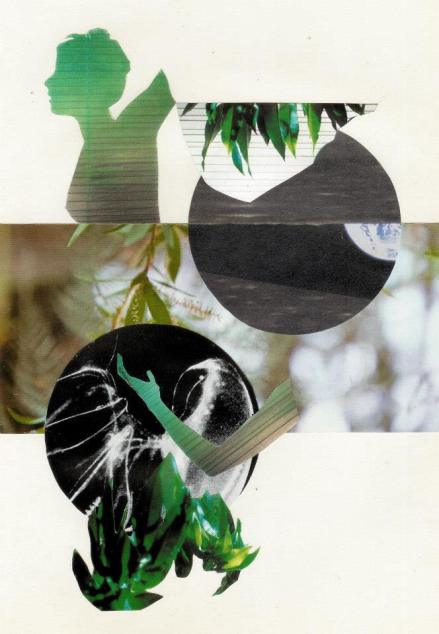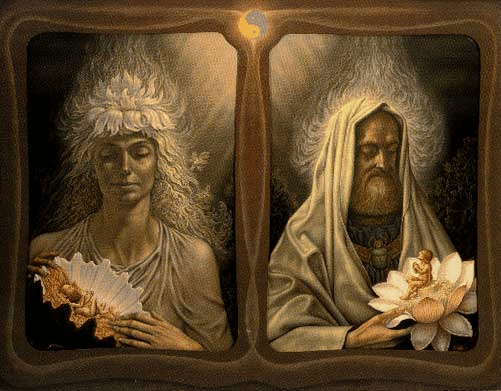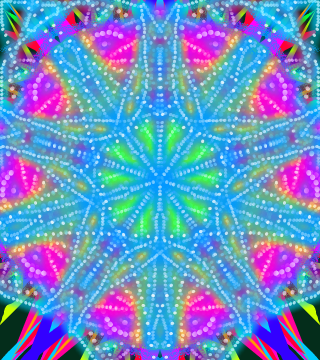I once had a friend named Roy. Roy was a business man with a keen interest in Astrology. He taught me about lunar progressions and what they mean in terms of life stages.
Roy was living in Amsterdam many years ago, and for the life of him he couldn’t make any business deals work. He had all the right contacts, he was networking in all the right places, meeting all the right people, but nothing went to plan. At this point Roy already had a good understanding of astrological natal charts and transits, but nothing here quite added up. He was living in his own personal dark ages – there must be some reason – he thought… It wasn’t for while that he learned about lunar progressions.
Little did he know it, but Roy’s progressed moon was in the 12th house. As soon as his progressed moon crossed over into the first house the business connections started happening, as if by magic. He went to meet a friend, who it turned out had left the country and Roy was able to pick up the business his friend had left behind and make a good amount of money very quickly.
Years later, Roy was living in Amsterdam with his partner, a vivacious woman Jules. Roy and Jules would go out to parties often, however she found that no one would really talk to her. She made no friends. She was lonely and isolated. Having experienced his own 12th house moon progression, Roy recognised the signs and sure enough – Jules’ progressed moon had also moved into the 12th house. He reflected that as soon as it crossed over again into the first house the phone wouldn’t stop ringing with friends calling for Jules, she made friends easily and was able to resume being a social butterfly again.
Roy told me other stories of the progressed moon in the 12th house. A friend of his was a jewellery maker in Amsterdam but could not sell any of his jewellery, no matter how hard he tried. Every week he would get a little bit of dole money and buy some silver and make a few rings. He managed to amass a large stock of rings over the few years of his progressed moon going through the 12th house. As soon as it crossed over into the first house he met a guy who owned a shop in the red light district who was keen to stock his jewellery in the front window. It all sold out in a month or two, and the 12th house transit paid off.
The progressed moon charts the emphasis of our lives – where your heart is – as Roy said. It takes around 2.5 years to go through a house, although sometimes it is shorter or longer, depending on the angles of the houses. As it goes through the house it carries the emphasis of the house meaning. You can find your progressed chart for free at astro.com, in the extended chart selection, just enter your birth details and select ‘progressed chart’ instead of ‘natal’.
In the first house, it is all about you – emerging into the world, new beginnings, new adventures. Self esteem, self love. It takes on the qualities of action, of Aries. This is a time to act, to be assertive, to be confident. Lessons of the first house may involve challenges to identity – identity crisis, losing a sense of self and finding oneself again.
In the second house the progressed moon focuses on security and material stability – on the physical and on comfort. This is time to hold your ground – or to find your ground. This is time to delight in simple pleasures and to ponder values. Lessons of the second house may involve losses or substantial gains to property. This is also a good time to focus on looking after your body by nourishing yourself well.
In the third house it is all about communication. This is a time to write, to connect, to think and share, to go on short journeys and address issues with siblings. If you have been thinking about starting a blog or a journal or writing letters – this is the time. You may encounter challenges of communication or problems with siblings during this time you may feel childish or patronised.
In the fourth house the emphasis is on home – on roots – on ancestry – on the family. This is probably not a good time to travel or move overseas (unless you are moving home or to an ancestral home). During this time you may encounter problems with ‘home’ – you may be forced to move. This is all part of the learning of the fourth house. remember the deepest roots are not ones that can be taken from you. This is an important time for self care, you are more likely to feel sensitive and to try to protect yourself. Learn how to nurture yourself well. Revel in the comfort blanket.
In the fifth house there is a strong focus on what we can create. Do you have a hobby? Do you lack one? Do you want to make more meaningful creations? Do you want to have children? These are some of the questions of the fifth house. This is the natural home of Leo. The lessons here are about play, performance, creativity. This is also a good time to start a blog, take up painting, photography, or join a theater group… that kind of thing. The challenges you will face may arise around questioning your purpose in life and your self-worth, in setting out to do the kind of creating you feel compelled to do – or in struggling to find a worthwhile kind of creation that you feel confident in doing. Friendship is very important to this time, and you may encounter difficulties with close friends which teach you more about yourself.
In the sixth house the emphasis is on work. Hard work. Analysis. You may feel like a slave to your work or to your home. You may feel your efforts are not acknowledged or rewarded enough. This is a chance to develop your skills at meticulous work, at finer details, at critical analysis. The work you do now will pay off and you have the opportunity to work your way into a life of more freedom. This is the sign of Virgo, analysis and hard work. Facing the hard stuff will have lasting results.
In the seventh house the focus is on relating – on partnership. This may be a time when relationships become central. Romantic relationships and other kind of partnerships (eg: business) take on a greater significance. Relationships are largely based on projection and expectations – and that is the primary learning here. Become as aware as possible about your expectations of the other, and about what these say about you. You may take on a stronger interest in balance, harmony, peacefulness, beauty and aesthetics during this time.
In the eighth house these two or so years will be spent understanding depth, power dynamics and other Scorpio themes. The eighth house is INTENSE. It is the deep, dark, the esoteric. Your progressed moon in the eighth house will likely compel you to seek to understand power or get subconsciously caught up in power games. If your relationship focus from the 7th house continues it will change substantially. You will seek more from life – more experience, more depth, more challenge. You may become overly cynical. Watch out for your own dark side. Lean on empathy. Power without empathy is hollow and unfulfilling.
In the ninth house the focus shifts to a much broader lens. You will become interested in wider philosophy and theory, in exploration and travel – either in the mind or in the outer world. You may develop new spiritual understandings or join a different school of thought. Your thirst for depth from the eighth house will develop into a quest for knowledge, research and understanding. You may seek to develop a platform to share ideas, you may yearn to spend more time in nature.
In the tenth house your journey towards greater philosophical ideas will shift from the theoretical into the practical. How can you influence the world? If you previously have shown little interest in career development this is the time in which you may feel compelled to find a vocation, or it may be time for a career shift towards one that is more fulfilling. You may feel powerless, you may need to confront childhood issues with an authoritarian figure (eg: father/mother/teacher). This time is the right time to keep casting your rod into the ocean, you will eventually catch a fish or at least learn a lot in the process. Be practical. Take the opportunities that arise and shape them into ones that fit your values, don’t just sit around waiting to be discovered. Learn to fail, and to process rejection and find strength in vulnerability. These are very important lessons. You are finding your place in the world. Look to your midheaven sign and any strong aspects for the nature of your lessons.
In the eleventh house you take your new place in the world in a different direction. This is a time for networking, meeting new acquaintances and socialising. This is also a time when you may feel more detached from personal turmoil and more interested in humanitarian pursuits. How do you want to improve the world? What issues do you care most about? You may feel compelled to get involved in activism, charity or volunteer work. You may be interested in learning to use new technology for greater communication and to have a further reach. You may connect more with people over the internet.
In the twelfth house you may gather, as the first part of this post is all about the twelfth house, that this time is a time when things in the outer world do not tend to go to plan. This is an inner-focused time, a time for deep self-work. Roy told me: the work you do at this time won’t seem like it’s doing much but the results will show later. He also said: Go somewhere where they bring you food. Wouldn’t that be nice? Lock yourself away in a convent if you have the opportunity, go on silent meditation retreats, spend a lot of time doing flow activities, yoga, journalling, walking in nature – if you have such luxury. The biggest thing to remember is not to have too many expectations of yourself or of your life at this point. Inner processing is important. It may feel like your creative projects, your career, your social life or your goals can’t seem to gain any traction. It may feel like everything is going backwards. This is the inner part of a big spiral, where things seem to become very circular. Do the work. This time, as it relates to Pisces, reflects the lessons of ALL THE OTHER SIGNS COMBINED. Work through them as they arise. Your Saturn work will help you now. Your hard work will pay off, especially if you learn to question yourself. If you cannot face shame and the shadow now you may be prone to megalomania when the Sun progresses back to the first house. This is a very good time for therapy.
